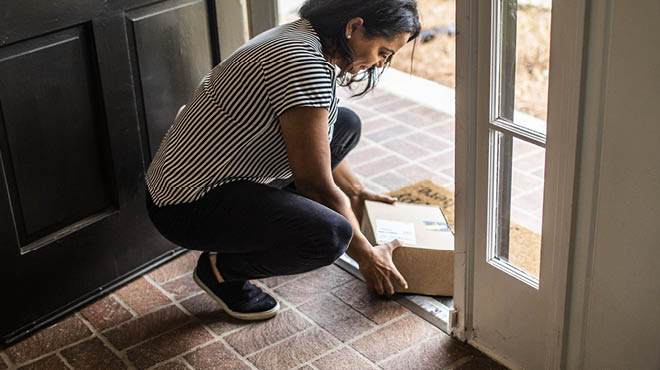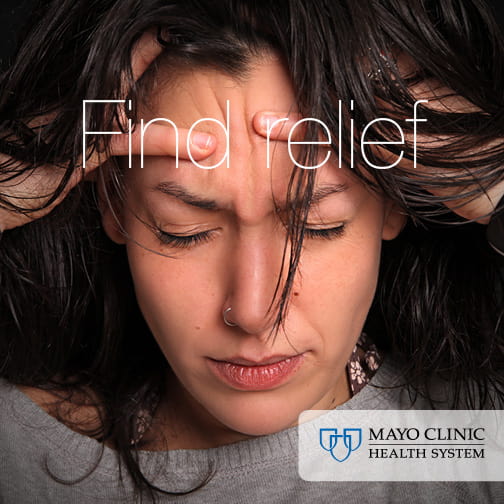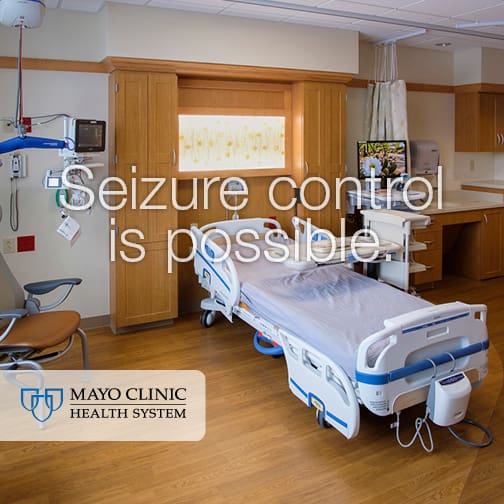Recent Posts
How to help someone having a seizure

Although quite common, seizures are not something people typically are used to seeing in person. Many people don't know how to react when observing somebody having a seizure.
Fundamentally, seizures result from abnormal electrical discharges in a small region or broadly distributed throughout the brain, almost like an abnormal surge of electrical activity. This activity's clinical manifestation depends on which part of the brain is involved.
There are multiple types of seizures. The most common is a grand mal seizure, which features violent muscle contractions and loss of consciousness. Other types of seizures are less apparent and may include lip smacking, staring, loss of awareness, unusual finger motions, or repetitive chewing or swallowing.
These simple interventions can significantly reduce the possibility of injury from a seizure:
Ensure safety:
- Gently lower the person to the ground.
- Turn the person on the side to keep the mouth and airway open.
- Move away any easily mobile objects that the person could strike or fall on them.
- Do not try to restrain the person in any way, as this can cause more injury. It is essential to keep in mind your safety as well. Often, violent convulsions or falls lead to injuries in people trying to assist.
- Do not put any objects in the person's mouth, as this may lead to oral injury or injury to you.
- Remain calm and by the person's side until the seizure has stopped.
Most seizures are self-limiting and will stop on their own. After the seizure has stopped, provide reassurance that the person is in a safe place.
Seek medical attention:
- Record what time the seizure started and how long it lasted. Relay this information to a medical first responder or the person after the episode stops.
- Look for a medical bracelet on their arms, as many people with epilepsy have one as part of their rescue plan. The bracelet should state whom you can contact in an emergency and if the person is carrying medication that can stop the seizure.
- Call 911 if it's the first time your loved one has had a seizure.
Seizures can be frightening, but remembering these tips will help you provide the right care for your loved one. More detailed information and resources about seizure first aid can be found through the Epilepsy Foundation.
Scott Spritzer, D.O., is a neurologist in Eau Claire, Wisconsin.




